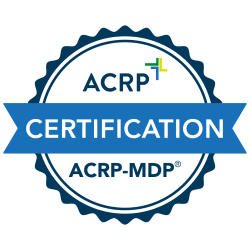A new guidance from the U.S. Food and Drug Administration (FDA) provides recommendations and updated information to help sponsors comply with the expedited safety reporting requirements for human drug and biological products that are being investigated under an investigational new drug application (IND) (21 CFR 312.32 in the Code of Federal Regulations) or as part of a bioavailability (BA) or bioequivalence (BE) study that is exempt from the IND requirements (21 CFR 312.64(b) and 320.31(d)(3)).
The guidance defines terms used for safety reporting, makes recommendations on when and how to submit a safety report, and provides information on other safety reporting issues raised by sponsors. The guidance also provides recommendations related to the two IND safety reporting provisions (21 CFR 312.32(c)(1)(i)(C) and 312.32(c)(1)(iv)) that require assessment of aggregate data.
The new guidance also merges content from the final guidance for industry and investigators on Safety Reporting Requirements for INDs and BA/BE Studies (December 2012) and from the draft guidance for industry on Safety Assessment for IND Safety Reporting (December 2015).
FDA’s new guidance also includes revised recommendations initially described in the 2015 draft guidance on the following topics: planned unblinding of safety data and implications for trial integrity; increased flexibility regarding the party reviewing aggregate safety information for IND safety reporting purposes; clarification regarding the scope and methodology of aggregate analyses; and clarification regarding the plan for safety surveillance, including what elements should be included in the plan.
Edited by Michael Causey



